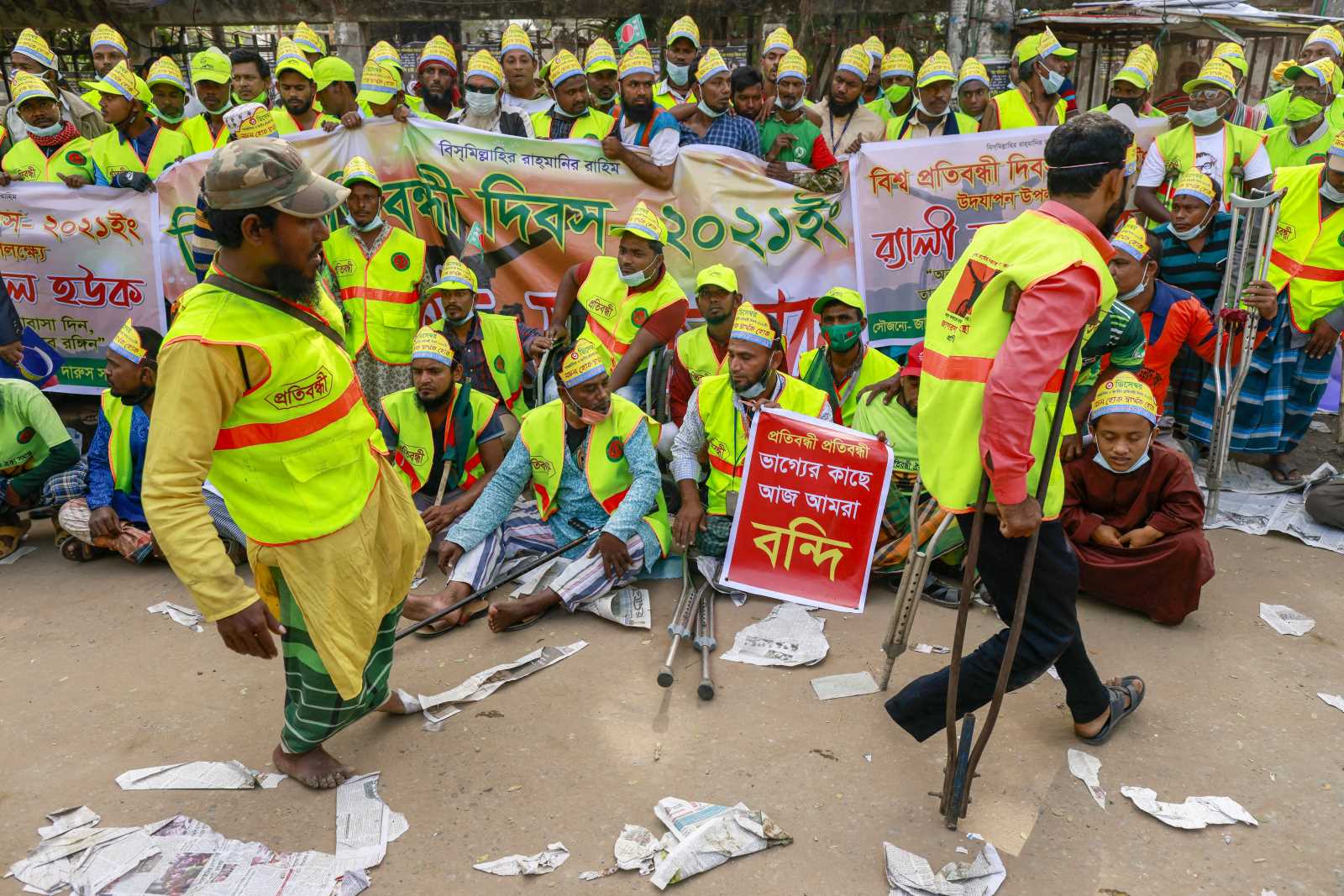International organisations
A reform agenda for the ILO

The tripartite setting was useful in the past (see main essay), but it does not represent the world of work adequately today.Typically, the informal sector dominates the economies of low-income countries. Even in India, a giant among emerging markets, the informal sector accounts for about 90 % of employment. Trade unions, however, normally only represent workers in formal employment. Compounding the problems, such employment is often closely linked to public enterprises and governmental organisations in developing countries.
So far, the ILO is thus incapable of dealing with labour issues in low-income countries appropriately. That will not change unless the informal sector is properly taken into account. It would therefore make sense to include non-governmental organisations (NGOs) in ILO meetings and proceedings. Many NGOs are dealing with social-justice issues, and they are independent from governments. Given that their role in achieving the UN Sustainable Development Goals is generally appreciated, NGOs should also be made constituents of the ILO.
For similar reasons, cooperatives should become involved as well. In many countries, cooperatives generate seven to 14 % of gross domestic product. Owned by their staff, they do not only contribute to employment, but also promote social inclusion and social cohesion. Cooperatives differ fundamentally from other private-sector enterprises, and they are not part of the public sector. Involving them in the ILO would make this organisation more comprehensive and help to counter-balance the employers’ dominant power.
Tripartism was a major social invention when the ILO was created. However, if one of the three parties refuses to engage in discussions on specific issues, no discussion takes place. This was apparent over the last two years with employers’ representatives blocking debate on important matters, including the living wage. As digitalisation and globalisation are changing labour relations, such debates are important, and they would benefit from broad-based participation. Cooperatives and NGOs should be involved.
In any case, the ILO must become more democratic. Its Governing Body is composed of 56 permanent members (28 governments, 14 employers’ associations and 14 trade unions) plus 66 non-permanent members (28 governments, 19 employers and 19 workers). One problem is that the human-rights track record of ten of the permanent member governments are unconvincing. Moreover, there is a lack of transparency concerning how delegates who represent either employers or workers are chosen. A more democratic and more representative governance system would help the ILO face the challenges of a rapidly changing international environment.
So far, the implementation of the ILO core labour standards remains inconsistent around the world. Some member countries have not ratified all relevant conventions, and many do not fulfil duties they have signed up to.
Member states must report regularly to the ILO on their rule compliance. A Committee of Experts (CoE) reviews those reports and compiles a black list of the 30 worst offenders. Apart from such naming and shaming, however, the ILO has no means for enforcing its rules. There is no judicial process that might result in sanctioning offending countries. The WTO does not even facilitate public debate on member countries’ track record as the UN Human Rights Council does. More media outreach in these matters might make a difference too.
The ILO certainly needs an effective complaint mechanism, moreover. People whose rights have been infringed upon should be able to make appeals. The ILO’s Multinational Enterprise (MNE) Declaration is a starting point. It was adopted in 1977 and is currently being revised. It is basically a summary of the ILO rules plus recommendations on applying them to major enterprises. People who suffer rule violations, however, cannot turn directly to the ILO, but must revert to a tripartite “national focal point”. This body will hear the case, decide on the case’s merit and subsequently submit the case for ILO review. However, employers’ associations are constituents of the national focal points, and they can block proceedings and veto. (rs)













